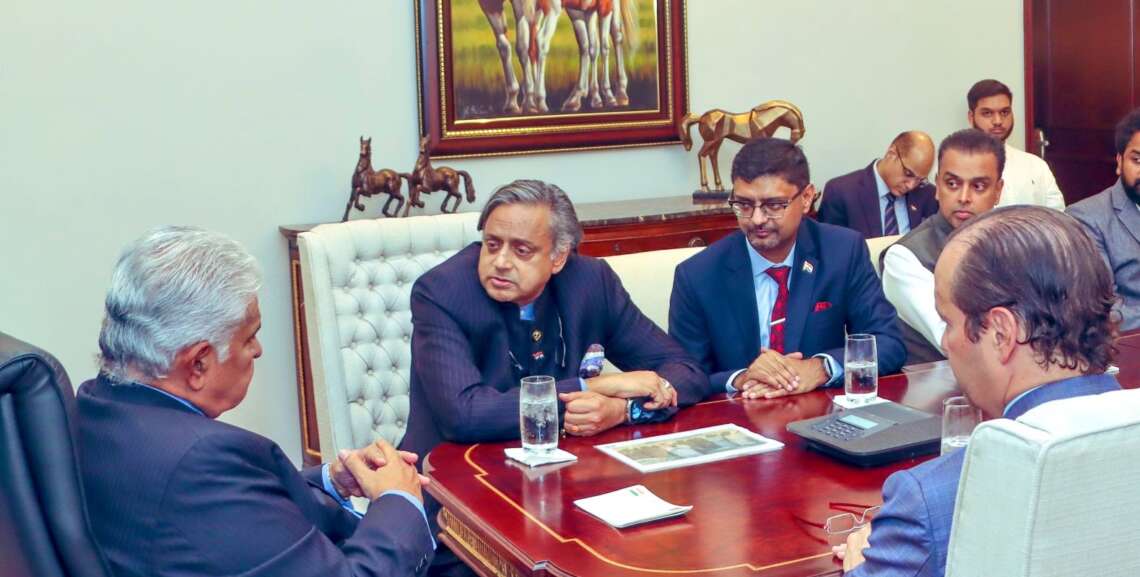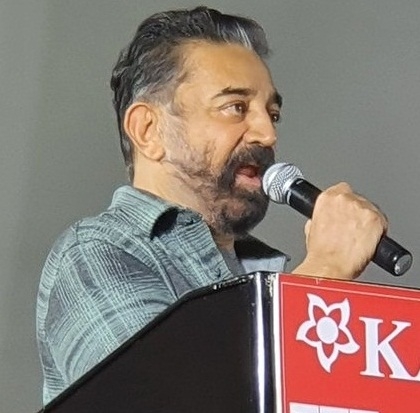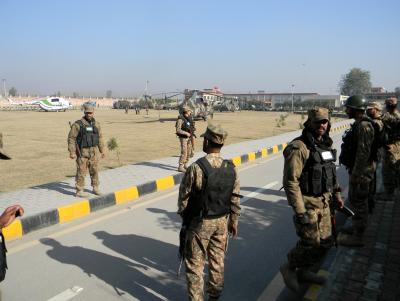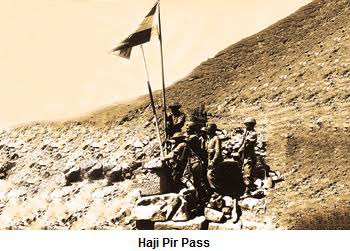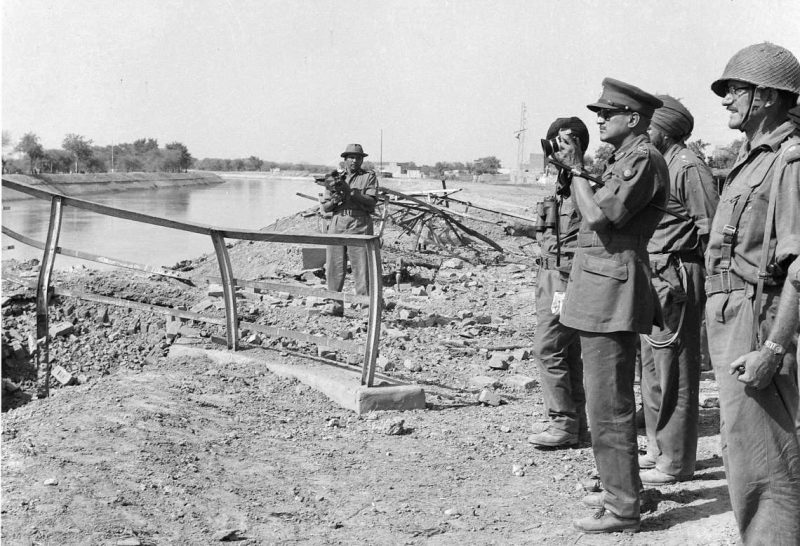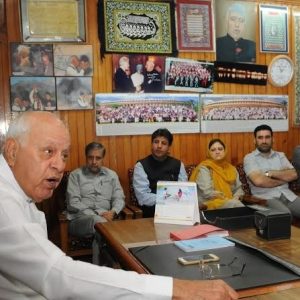Congress MP Shashi Tharoor sparks internal backlash over comments praising India’s security posture abroad, exposing fresh factional fault lines within the party’s top leadership.
Senior Congress leader Shashi Tharoor has again found himself at the centre of a political firestorm, not from opposition benches, but from within his own party. A seemingly innocuous remark made during a diplomatic outreach visit to Panama has triggered a fierce backlash, exposing deeper ideological and strategic divisions within the Congress.
Leading a multi-party delegation abroad, Tharoor highlighted India’s evolving national security doctrine, praising the country’s willingness in recent years to strike across borders in response to terrorism. Citing the 2016 surgical strikes and the 2019 Balakot airstrikes, Tharoor stated that India now sends a clear message to those who support terror: expect consequences.
While the remarks were widely interpreted as a statesman-like reflection of India’s strengthened security posture, they did not sit well with Congress leader Udit Raj. Taking to social media platform X, Raj lashed out at Tharoor, sarcastically suggesting that Prime Minister Narendra Modi appoint him BJP’s “super spokesperson” or even Foreign Minister.
“How could you denigrate the golden history of Congress by implying that India never crossed the LoC before Modi?” Raj wrote. He reminded Tharoor of decisive military actions under Congress governments, including the wars of 1965 and 1971, and covert strikes during the UPA era that were, according to him, carried out without political fanfare.
The attack found unexpected endorsement when Pawan Khera, Congress’s media chief and member of the Working Committee, reposted Raj’s message—signalling internal discontent with Tharoor’s line. Analysts believe Khera’s move hints at factionalism within the party, possibly aimed at reining in Tharoor’s rising prominence in foreign affairs and ideological autonomy.
The BJP, meanwhile, seized the moment. Spokesperson Shehzad Poonawalla jumped to Tharoor’s defence, accusing Congress of punishing one of its own for “speaking the truth in national interest.” He alleged that Tharoor’s criticism was orchestrated by the “Gangs of Gandhi,” claiming that the party was uncomfortable with any assertive stand against Pakistan.
“When Pakistan is exposed globally, why does Congress squirm?” asked Poonawalla. “If Tharoor speaks for India, does that make him BJP’s spokesperson? Congress should introspect.”
Other BJP leaders joined the chorus. Former BJP MP Ajay Alok painted Congress as a party torn between two factions—“nationalists” like Tharoor and “theatrical loyalists” of Rahul Gandhi. Jharkhand MLA C.P. Singh dismissed Udit Raj’s rant as “nonsense,” questioning whether he even spoke for the party anymore.
Beyond the partisan sniping lies a more significant political undercurrent. Udit Raj, a prominent Dalit leader, may have been strategically chosen to front the critique, insulating it with representational heft and complicating the intra-party dynamics. His intervention, however, has raised questions about whether Congress is at ease with Tharoor’s independent positioning or feels threatened by his growing international stature.
Tharoor, for his part, has remained publicly silent amid the furore—perhaps indicating his reluctance to fuel further internal discord or divert attention from the diplomatic mission at hand.
As Congress attempts to regroup ahead of upcoming state and national polls, this episode underscores the challenge of balancing nationalist discourse, historical pride, and internal unity. Whether the party can reconcile these elements—or whether it continues to clash over them—may shape more than just Tharoor’s future in its ranks.


